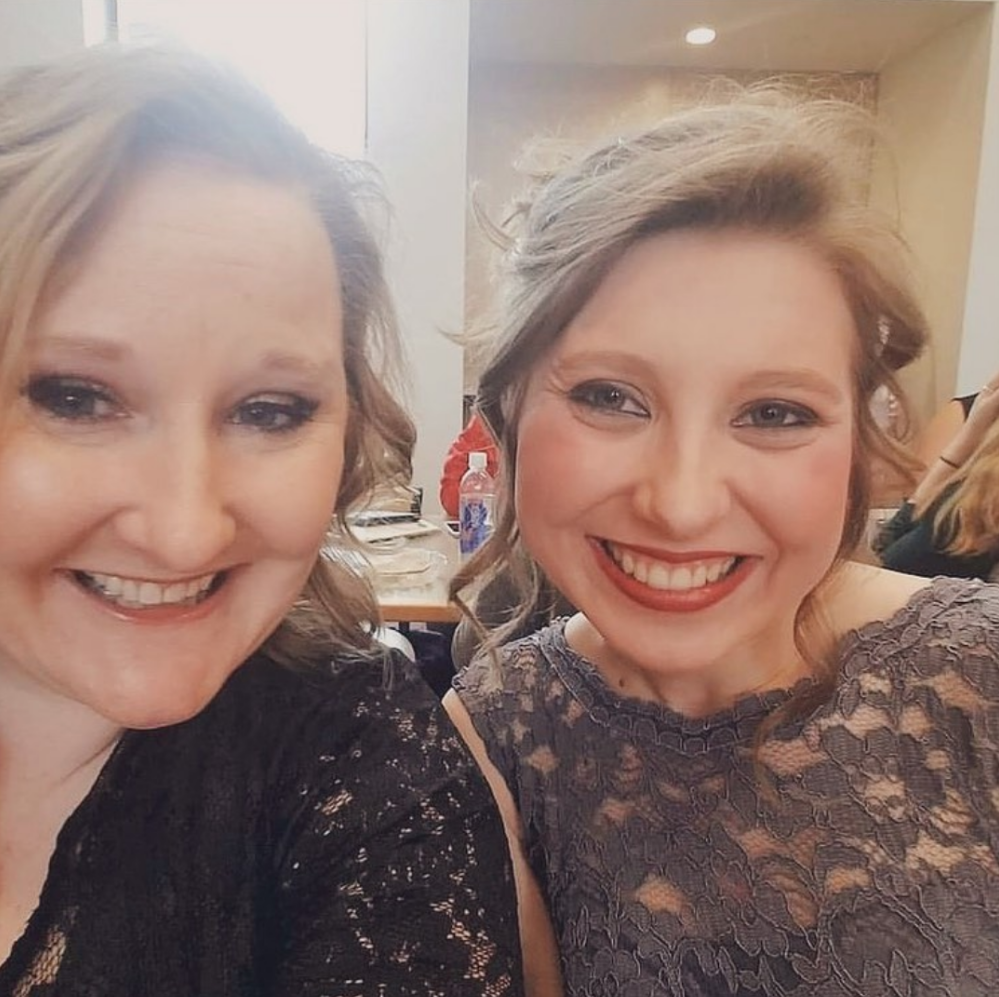Had an absolutely amazing staycation! I read five books, worked on plotting and brainstorming for three different stories, did a lot of planning and dreaming for 2023, and saw my sweet family yesterday.
It’s so nice to have SPACE to really, really think– about stories, life, writing, goals, faithfulness and humility over “success,” what I want my routines to look like at age 41.

My birthday is January 17th, and somehow 41 feels different. Not bad or old, just different. In so many ways, I know myself so very well. I’d give myself an A in Self Awareness and Goal Setting. I deserve some sort of Most Improved *Something* for 2022. But I also sometimes feel like I’m getting a C-/D+ in Adulting, hahaha! When I was young, 40 seemed so old! Now that I’m nearly 41, I think, “When does that Mastering Grown Up Life thing kick in??”

Starting to suspect it may never kick in, and maybe that’s okay too. Maybe that’s where my goal setting skills continue to shine.
I want so many things out of life: to write meaningful stories that make people think deeply, to fall in love, to delight in others so they know how beloved they are, to find time for ambition in a body that seems to always plead for rest. Hanging out with my family yesterday– food, playing, a few birthday presents, a ten-minute holiday parade on the street in front of my elementary school– put me in bed today until 4:30 pm. Fully worth it.
Just thinking aloud. Thanks for reading! Feeling so grateful for family, friends, readers, colleagues, encouragers, medicine, cooler temps, naps, and Christmas lights.






